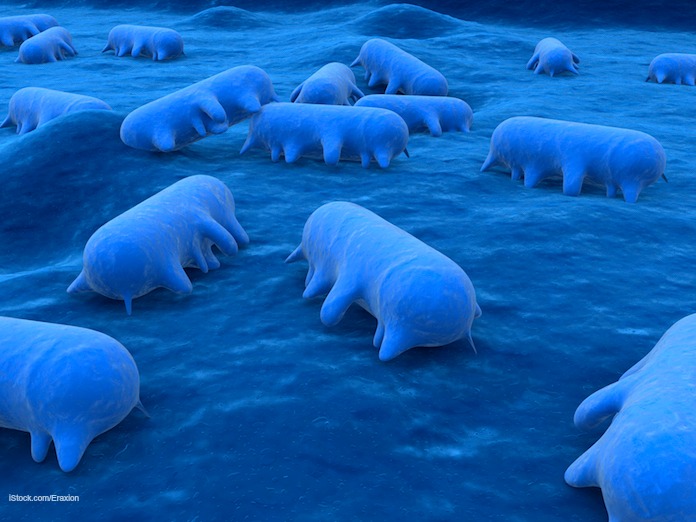The FDA has weighed in on the Salmonella outbreak linked to products reportedly containing kratom. The investigation has expanded to include four Salmonella serotypes. They are Salmonella Javiana, Salmonella Okatie, Salmonella Thompson, and the original strain, Salmonella I 4,[5],12:b:-.

As of March 14, 2018, 87 people are infected with the outbreak strains. Fifty people are sick with Salmonella I 4,[5],12:b:- infections; five are sick with Salmonella Javiana infections, sixteen are sick with Salmonella Okatie infections; and sixteen are ill with Salmonella Thompson infections. Twenty-seven patients have been hospitalized because their illnesses are so serious. Whole genome sequencing (WGS) has shown that most patient isolates within the Salmonella I 4,[5],12:b:- serotype are closely relatedly genetically.
So far, twenty-five product samples have tested positive for Salmonella bacteria. Three products had isolates that are genetically related to an outbreak strain. Twenty-two products have tested positive for a non-matching strain of Salmonella, or tested positive for Salmonella and waiting for further testing.
One facility has recalled their kratom products, PDX Aromatics of Portland, Oregon. The company does business under the names Kraken Kratom, Phytoextractum, and Soul Speciosa. Testing by the California Department of Public Health found Salmonella in an open sample of a kratom product from that business. Further FDA testing found Salmonella in products purchased from that company.
In addition, the FDA is conducting testing for Salmonella on these dietary supplements. Three samples purchased over the internet have tested positive for Salmonella. Further genetic testing is pending to determine if these bacteria are related to the outbreak strains. Two of the samples were Kraken Kratom products and one was purchased from the online retailer Kratoma.
Because 40 of the 55 people interviewed reported consuming kratom before getting sick, the FDA is advising consumers to avoid these products. The FDA also is telling consumers to avoid kratom containing products in general because of reports of illnesses and deaths linked to those products.
Kratom, or mitragyna speciosa, is a plant that grows in Thailand, Malaysia, Indonesia, and Papua New Guinea. It is used by some people as a treatment for opioid addiction. Other names for this product are mitragynine extract, biak-biak, cratom, gratom, ithang, kakuam, katawn, kedemba, ketum, krathom, krton, mambog, madat, Maeng da leaf, nauclea, Nauclea speciosa, or thang. The FDA states that there no safe and effective use for kratom has been established.
If you have taken kratom containing products and have been experiencing symptoms of a Salmonella infection, see your doctor. The hospitalization rate is very high in this outbreak, and the long term consequences of a Salmonella infection can be serious.
Pritzker Hageman law firm helps people sickened by food contaminated with Salmonella and other pathogenic bacteria get answers, compensation and justice. We protect our client’s legal rights. Our lawyers represent our clients and families of children in personal injury and wrongful death lawsuits against supplement manufacturers, grocery stores, food producers, shippers, dairies, restaurants, retailers, and schools. Attorney Fred Pritzker and his team recently won a multi-million dollar lawsuit for a young client who required brain surgery after a Salmonella infection.




